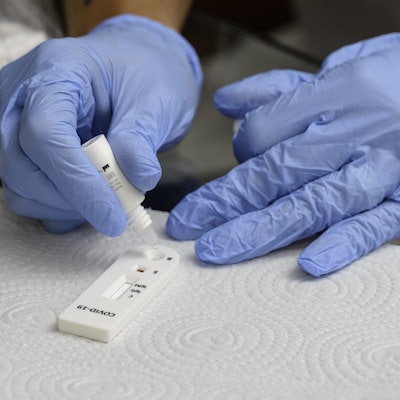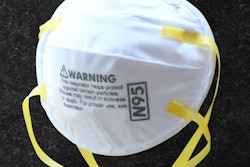
COVID-19 rates in dental clinics were not higher for people involved in patient-facing roles, according to a study published December 13 by Harvard School of Dental Medicine researchers in JAMA Network Open.
Instead, COVID-19 test positivity was associated with testing frequency rather than interaction with patients.
"[Our] findings suggest that involvement in patient-facing dental clinical activities did not pose additional risk of SARS-CoV-2 infection compared with other in-person activities in the presence of intensive control measures," wrote a team led by Sung Eun Choi, PhD.
A number of academic institutions have put COVID-19 infection control and prevention measures into place, including mandatory testing programs, the investigators noted. But the effect of this kind of strategy at academic dental institutions that provide "patient-facing" care has remained unclear.
Choi and colleagues explored the issue via a study that included 390 staff, students, and faculty in both clinical and nonclinical roles and used SARS-CoV-2 self-testing data from the dental school's mandatory surveillance program.
Overall test positivity was 0.27% during the studied time period. Among those involved with patients, the test positivity rate was 0.25%, compared with 0.36% among nonclinical participants.
Test positivity was associated with testing frequency: three times per week versus one time per week, odds ratio 1.51, with 1 as reference standard.
"[Our study found that] involvement in clinical activities did not pose additional risk of SARS-CoV-2 infection compared with other in-person activities in the presence of these control measures," the investigators concluded.



















